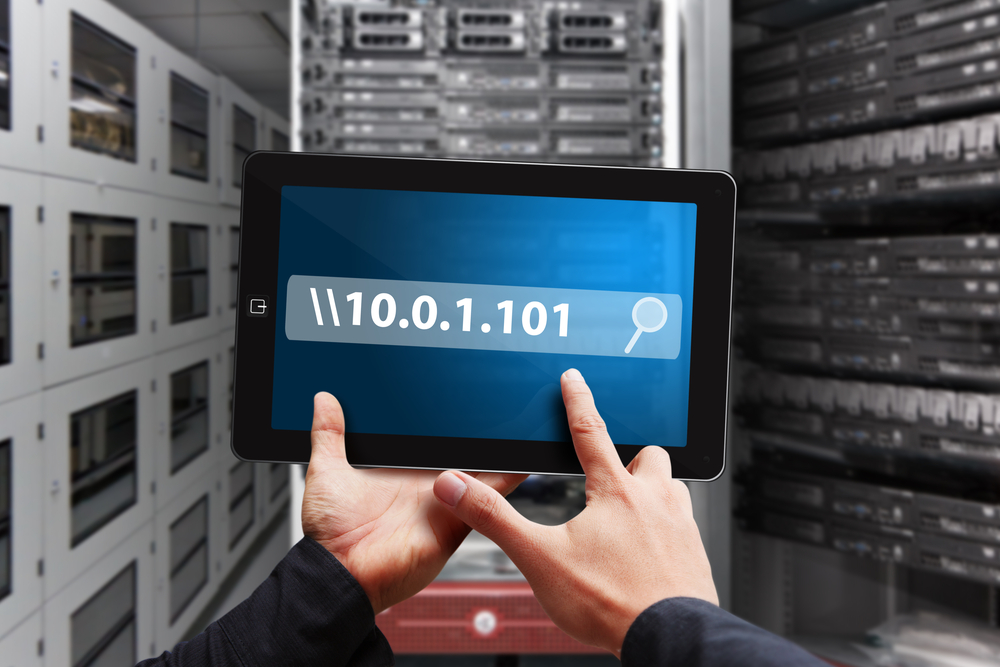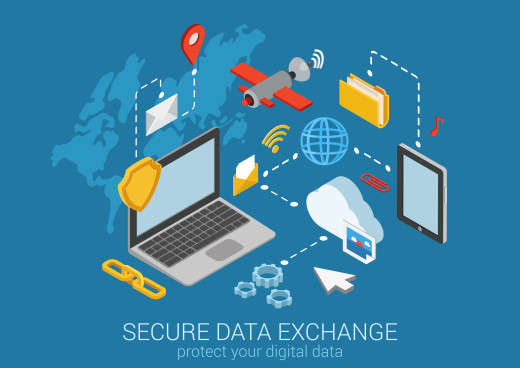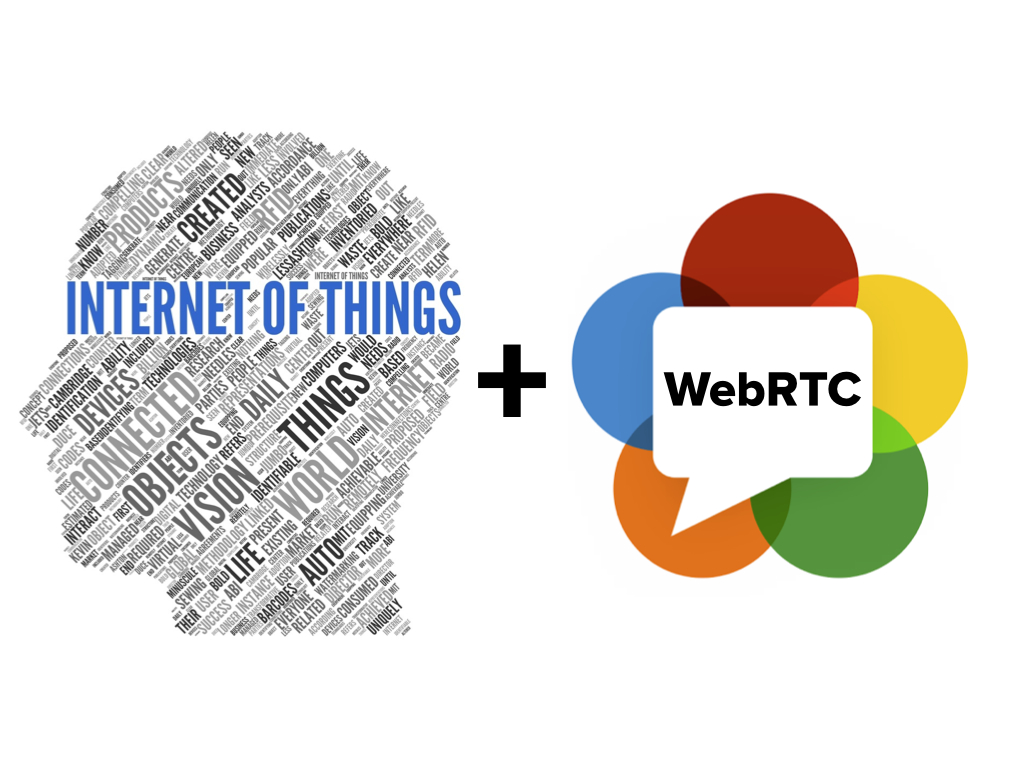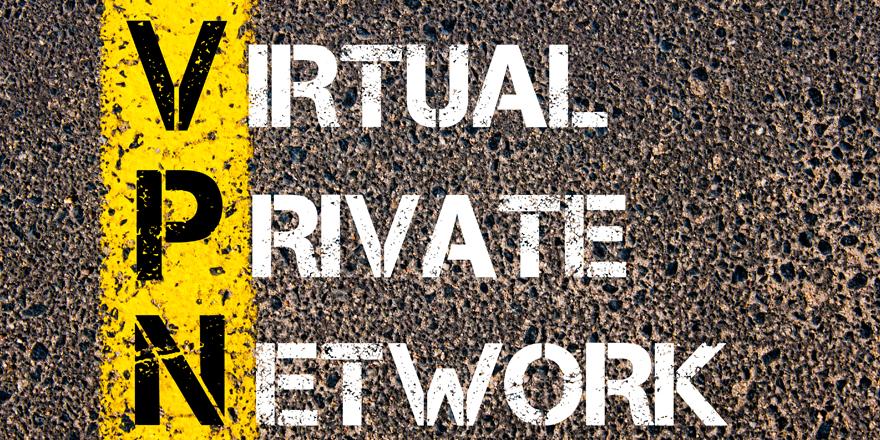What is a VPN? Why should you use it?
What is a VPN service? In plain words, it’s a technology allowing to create a highly secure network connection. It uses any public network, such as Internet, but creates an essentially private network on top of it that only its owner can use. VPN services are largely used by big companies, government agencies, educational institutions, and many other organizations that need to work securely online.
A main advantage of a VPN network is that it is completely anonymous. When you work under VPN, a website cannot determine who you are, where you are from, etc. This is why VPN are very popular with those who don’t want to reveal their identities to web sites or Internet service providers.
Another very appealing feature of a VPN service is its ability to bypass almost any means of Internet censorship. If you cannot open some site due to a government ban or restriction, just set up a VPN connection, and the site is up and running again!
Good, reliable, and high-speed VPN services are generally paid, though there are lots of providers who compete on price, so you don’t need to have deep pockets to use VPN. But there is another good news: some decent VPN solutions exist in the form of free browser extensions. For example, there is a free extension Zenmate available for all popular browsers including Chrome, Firefox, and Opera. It allows to open restricted sites, choose between several countries as proxies, and gain anonymous access to the Web
After installing a VPN service, it’s recommended to check that you actually work through a VPN and your IP address has been changed. It can be done with the help of free web services like whoer.net. Just open this URL in your browser, and you will instantly see your IP address and country. If they are different from your actual IP and country (for example, you are in the U.S, but you chose Germany in your VPN and whoer.net indeed shows Germany), than your VPN is active. Congratulations!

 Русский
Русский English
English




